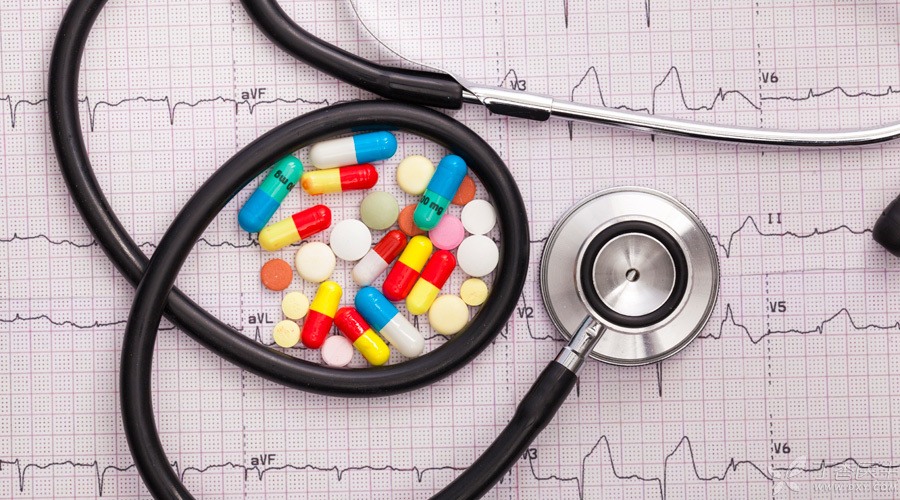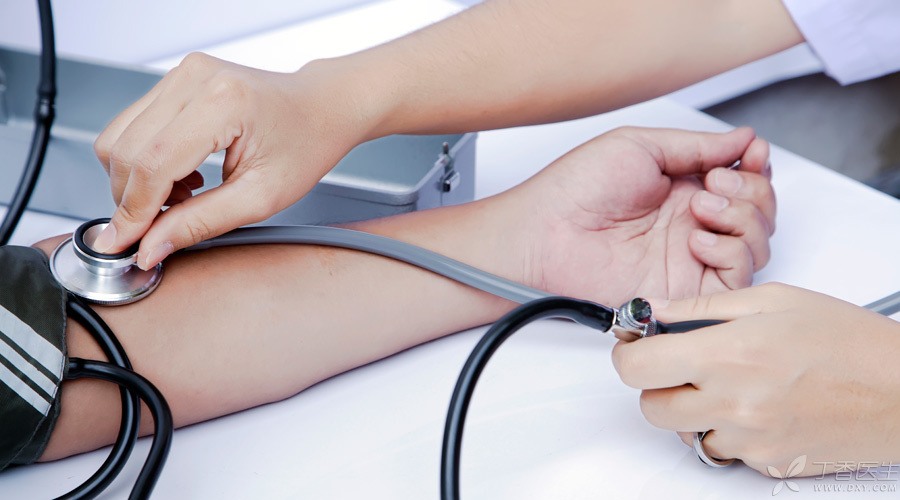The report < < 2012 World Health Statistics > > shows that one third of the world’s adults suffer from hypertension.
According to the domestic survey, the prevalence rate of hypertension in China reached 18.8% in 2002, and more than half of the patients in cardiology department had hypertension.
However, what worries doctors is that many patients and their families still have deficiencies and misunderstandings in their understanding of hypertension.
Dr. Clove will list several common misconceptions.
Myth 1: Expensive antihypertensive drugs are more effective,

The selection of drugs needs to be based on the patient’s specific blood pressure and comprehensive analysis of the functions of various organs, and pay attention to [individualization], instead of just focusing on the price.
It is wrong for many patients to think that [hypertension cannot take expensive drugs, and it is useless to take such good drugs after taking poor ones]. In short, what can effectively control blood pressure is good medicine.
Attention should be paid to the effect of pressure control. Some antihypertensive drugs have good effects on a certain individual, but the price is not expensive.
Here, I would also like to mention those so-called [high-tech antihypertensive products] [antihypertensive health products] [antihypertensive instruments] whose prices are not low. These are mostly pseudoscientific propaganda.
At present, there is no drug, health care product or health care instrument in the world that can cure hypertension.
I hope everyone can attach importance to the standardized treatment of hypertension and not blindly believe in false propaganda.
Myth 2: After taking antihypertensive drugs, blood pressure is still not well controlled.

Many old friends asked, what is the blood pressure standard?
Generally speaking, the blood pressure is best controlled within 140/90 mm Hg. Some patients have complications and the blood pressure may need to be controlled lower.
On the one hand, it is necessary to use drugs correctly.
For example, long-acting drugs are like burning coal fires. The fires are not big, but they can be used for a day. Therefore, it is good to eat them once a day.
Short-acting drugs, like burning firewood, burn a lot in a short period of time, but the duration is not long, so the normal way to take them should be to take them 2-3 times a day according to the blood pressure.
Only by taking medicine correctly can blood pressure be effectively controlled.
On the other hand, while taking medicine, one should also pay attention to one’s lifestyle.
A healthy lifestyle can help control blood pressure, while a bad lifestyle will offset the antihypertensive effect of drugs.
- Develop healthy eating habits, especially low-salt diet. Quit smoking and limit alcohol consumption. Regular and moderate physical activities. Keep the weight within the standard range. Learn to release and relieve pressure. Regularly check blood pressure.
Myth 3: The faster the blood pressure drops, the better.
Generally speaking, antihypertensive therapy should master the principle of slow and stable, reaching the target value in a few weeks.
Especially for middle-aged and elderly friends, blood pressure drops too fast and too low, which is prone to ischemia and even may lead to serious consequences such as cerebral infarction.
Myth 4: Antihypertensive drugs will have drug resistance after being used for a long time,

Clinically, I have not heard less such worries:
Doctor, according to your plan, the blood pressure is almost controlled every day. Is it necessary to change the medicine? I am worried that drug resistance will occur over time and the effect will not be good.
This is actually a mistake.
If a drug can control blood pressure and protect target organs without obvious negative effects and blood pressure is stable, then this is a suitable prescription.
Hypertension is not a bacterial infection, and antihypertensive drugs and antibiotics are also different.
Hypertension itself requires lifelong medication, and there is no saying of drug resistance.
However, doctors will adjust the dosage and type according to the specific blood pressure control situation. Therefore, monitoring blood pressure is very important.
Myth 5: If your blood pressure is normal, you can stop taking drugs.

Essential hypertension cannot be cured completely, and the vast majority of hypertension patients need to take medicine for life.
Normal blood pressure is the result of drug control, not the cure of hypertension. Once the drug is stopped, blood pressure is likely to rebound, and some drugs will also have serious withdrawal reactions.
Therefore, even if the blood pressure has remained stable for a long time, don’t stop taking the medicine casually.
You can ask your doctor first, reduce the dosage under the guidance of the doctor, and strictly monitor your blood pressure to maintain a healthy lifestyle.
I hope this article can make your old friends realize some misunderstandings in the process of lowering pressure and controlling pressure.
If there is something, change it; If there is nothing, continue to avoid it.
Only a correct understanding can effectively reduce blood pressure!
